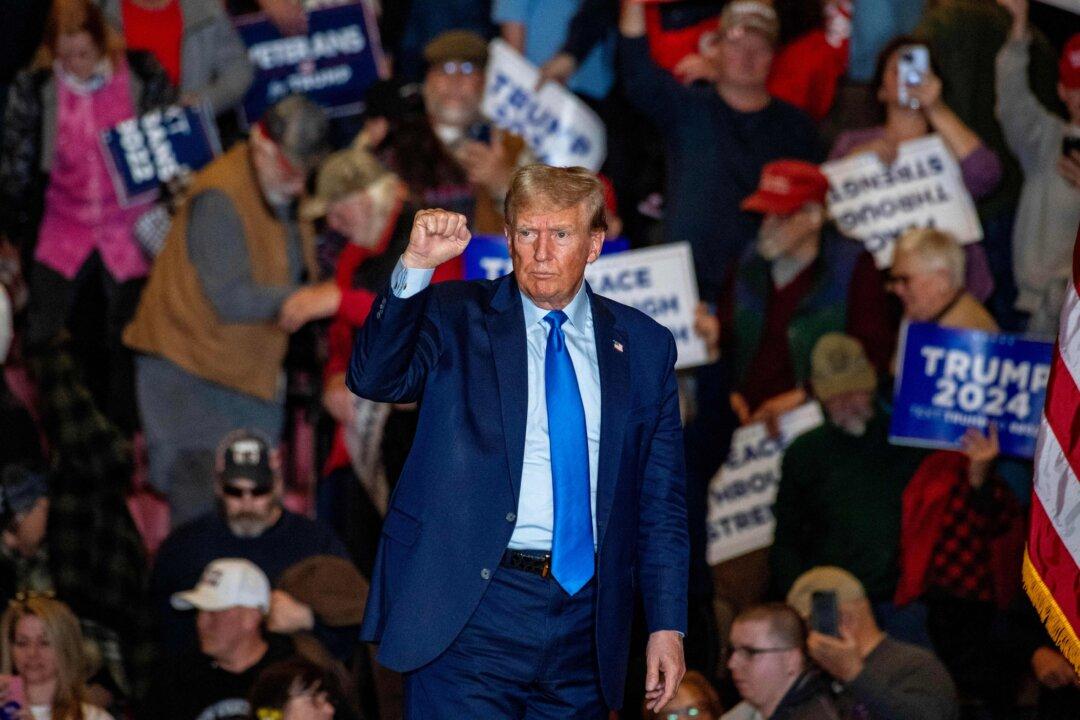A federal court dismissed a case arguing former President Donald Trump is ineligible to appear on the Arizona primary ballot next year, based on Section 3 of the 14th Amendment.
“Trump’s motion to dismiss for lack of subject-matter jurisdiction is Granted,” U.S. District Court Judge Douglas Rayes wrote in an order filed Dec. 5.





